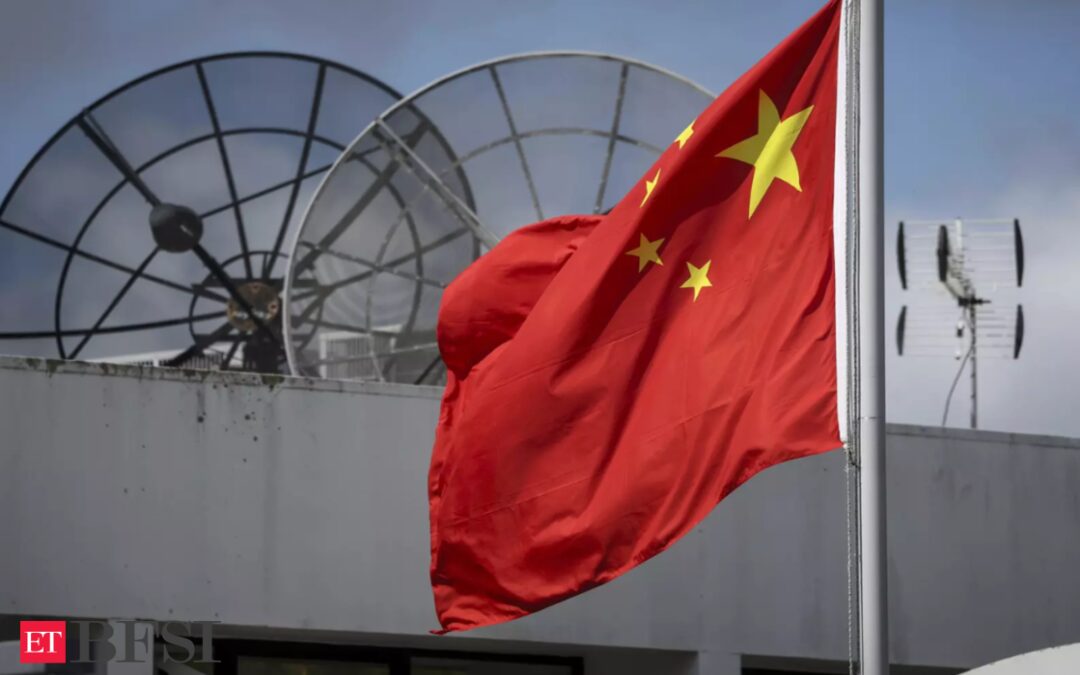BEIJING – China’s economy is expected to have slowed in the first quarter as a protracted property downturn and weak private-sector confidence weigh on demand, maintaining pressures on policymakers to unveil more stimulus measures.
Data on Tuesday is forecast to show gross domestic product (GDP) grew 4.6% in January-March from a year earlier, slowing from 5.2% in the previous three months and hitting the weakest since the first quarter of 2023, according to a Reuters poll.
The world’s second-largest economy has struggled to mount a strong and sustainable a post-COVID bounce, burdened by a protracted property downturn, mounting local government debts and weak private-sector spending.
The government has set a target of around 5% for this year, which has been described by most analysts as ambitious, partly because last year’s growth rate of 5.2% was likely flattered by a comparison with a COVID-hit 2022. The economy was off to a solid start this year, fanning optimism among some analysts for an improved 2024 outcome, but March data on exports, consumer inflation and bank lending showed that momentum could falter again and policymakers may need to launch more stimulus to spur demand.
“I think Q1 GDP growth could be slightly stronger than expected – it may be close to 5%,” said Zong Liang, chief of research at state-owned Bank of China.
“The growth target is achievable as we still have more policy space.”
On a quarterly basis, the economy is forecast to expand 1.4% in the first quarter, quickening from 1.0% in October-December, the poll showed.
GDP data is due on Tuesday at 0200 GMT. Separate data on March activity is expected to show both industrial output and retail sales slowing. For 2024, the economy is expected to grow at a subdued 4.6% pace year-on-year, the poll showed, falling short of the official target of around 5.0%.
Last week, Fitch cut its outlook on China’s sovereign credit rating to negative, citing risks to public finances as Beijing channels more spending towards infrastructure and high-tech manufacturing, amid a shift away from the property sector.
The government is drawing on infrastructure work – a well-used playbook- to help lift the economy as consumers are wary of spending and businesses lack confidence to expand.
China has set the 2024 quota for local government special bond issuance at 3.9 trillion yuan ($538.79 billion), up from 3.8 trillion yuan last year. Beijing also plans to issue 1 trillion yuan in special ultra-long term treasury bonds to support some key sectors.
The People’s Bank of China (PBOC) has pledged to step up policy support for the economy this year and promote a rebound in prices.
Analysts polled by Reuters expected the central bank to cut the banks’ reserve requirement ratios (RRR) by 25 basis points (bps) in the third quarter, following a 50-basis point cut earlier this year, which was the biggest in two years.
The PBOC might include the buying and selling of treasury bonds in its policy tool reserve in future, Financial News – a publication backed by the central bank – quoted experts as saying last week. ($1 = 7.2385 Chinese yuan renminbi)










